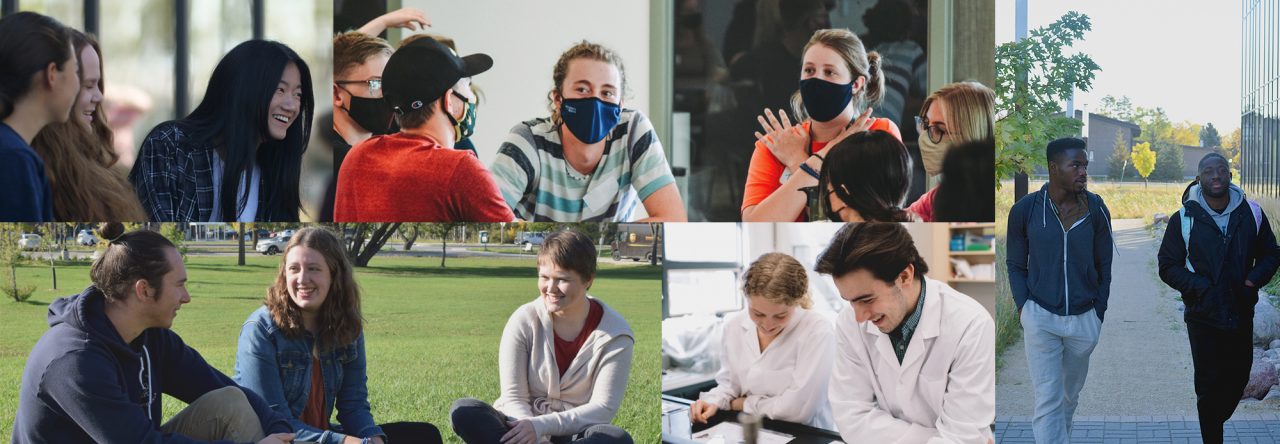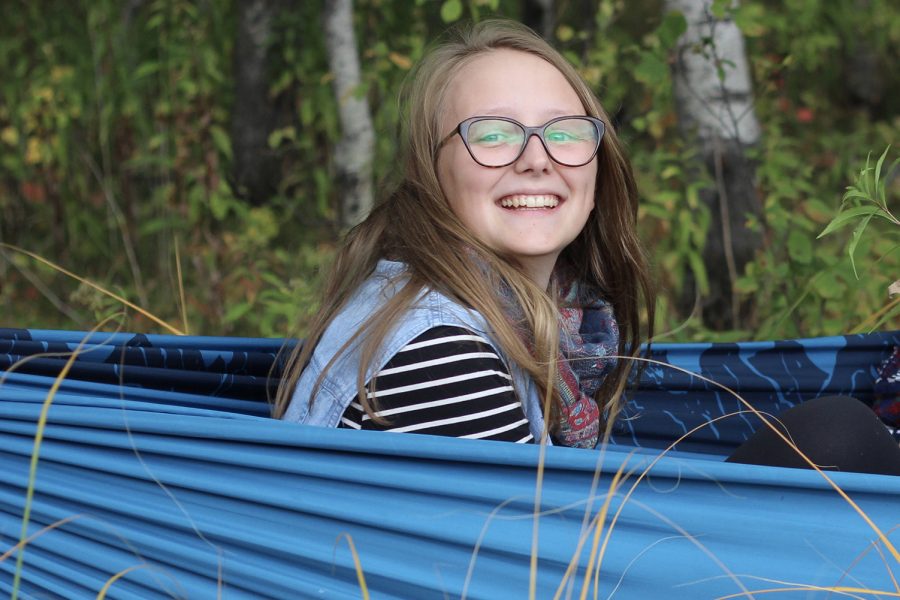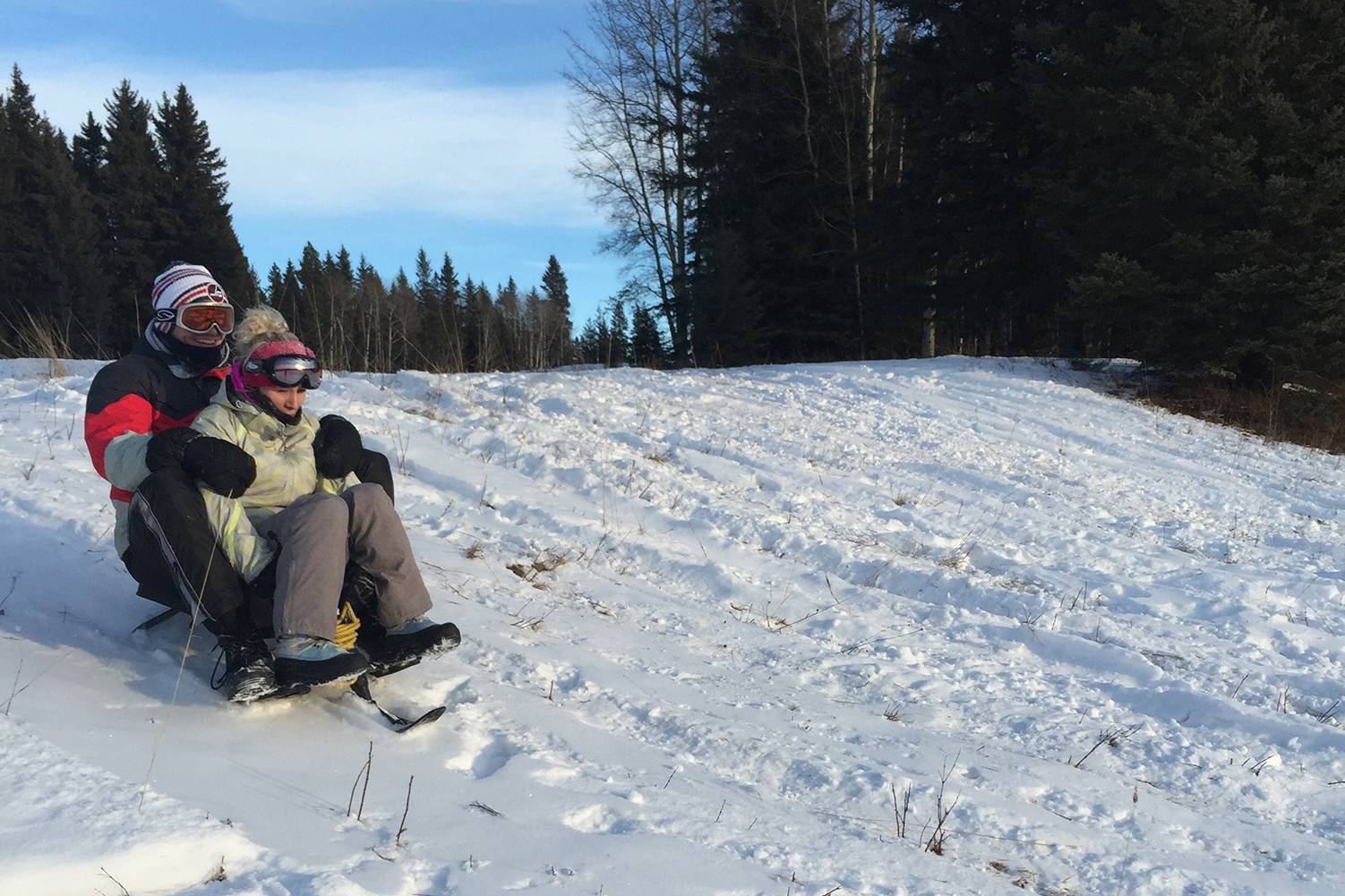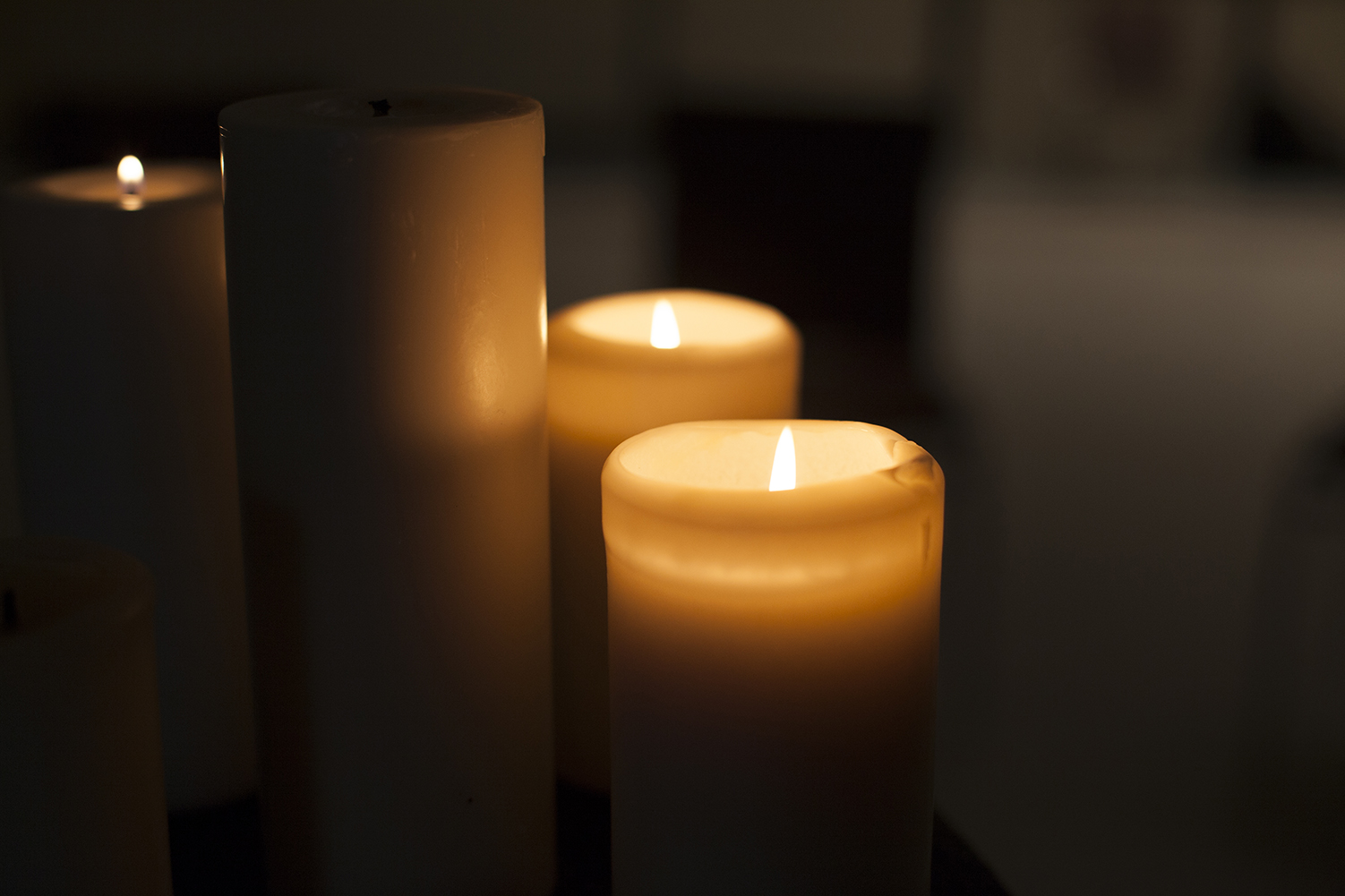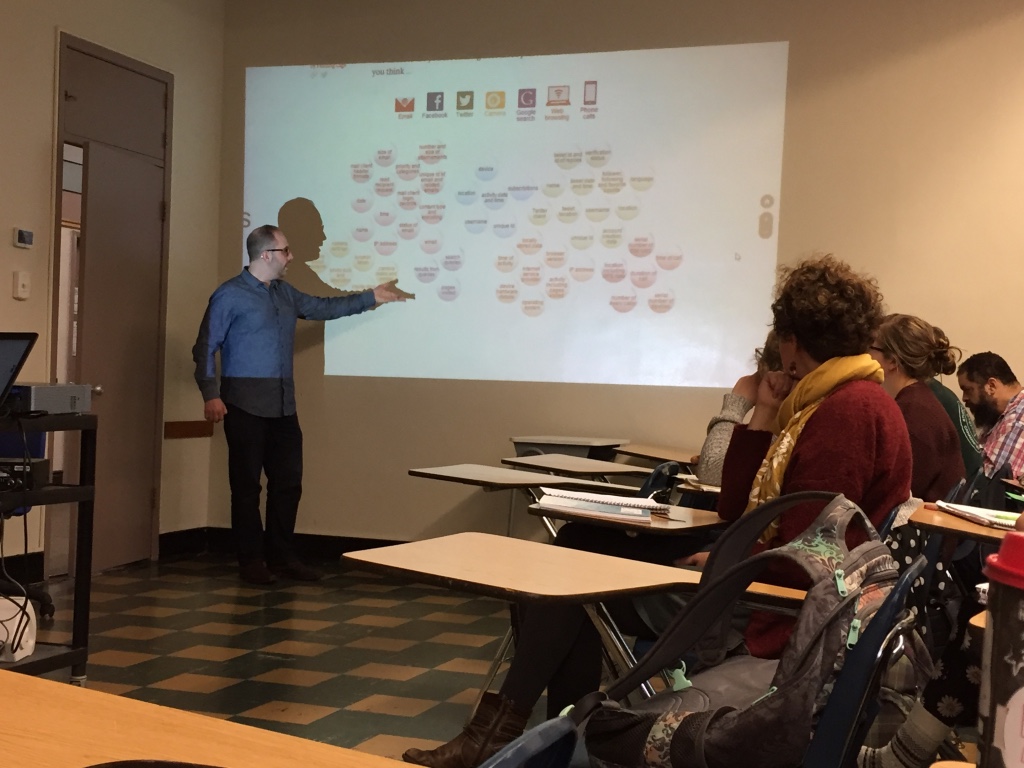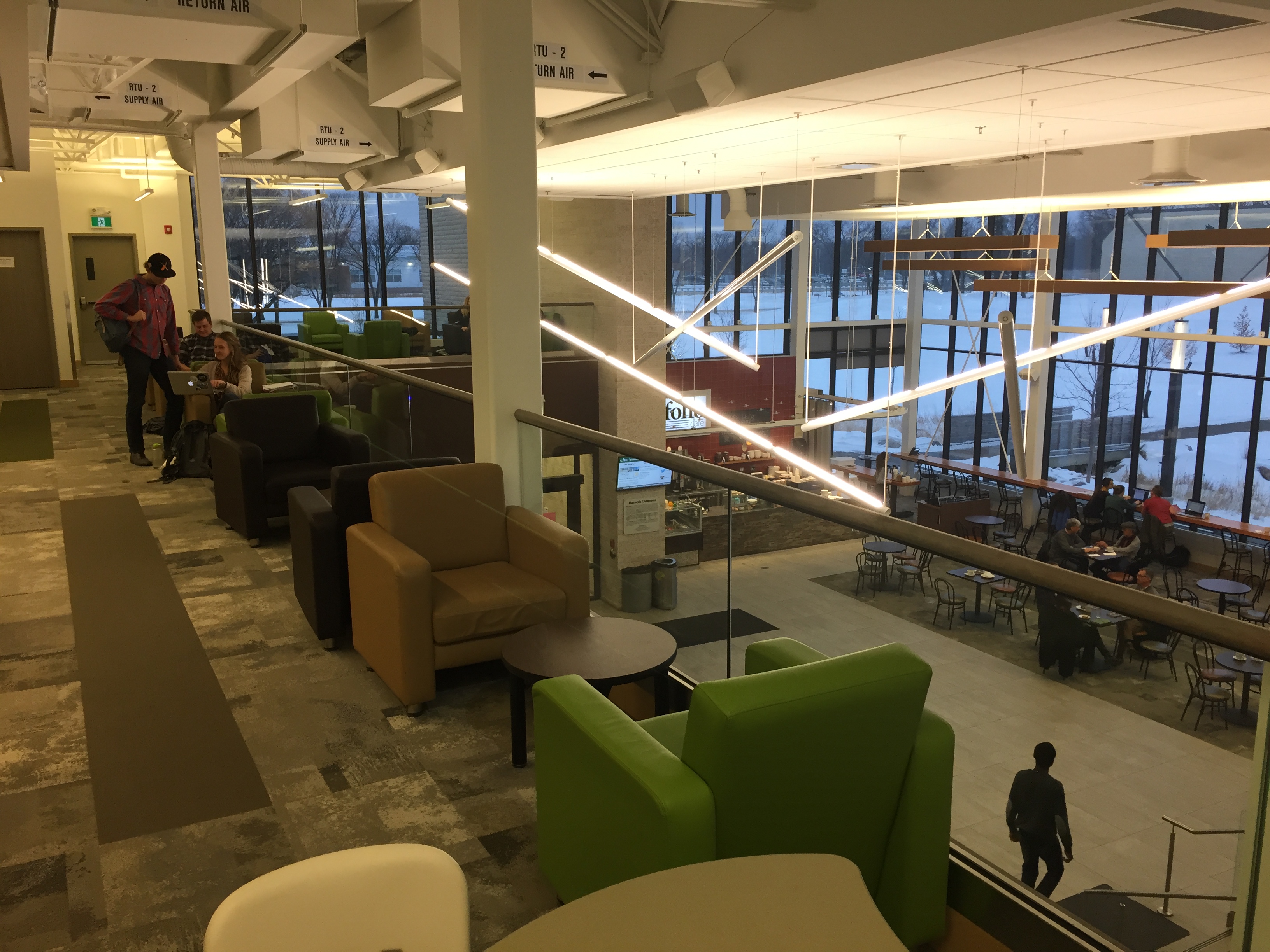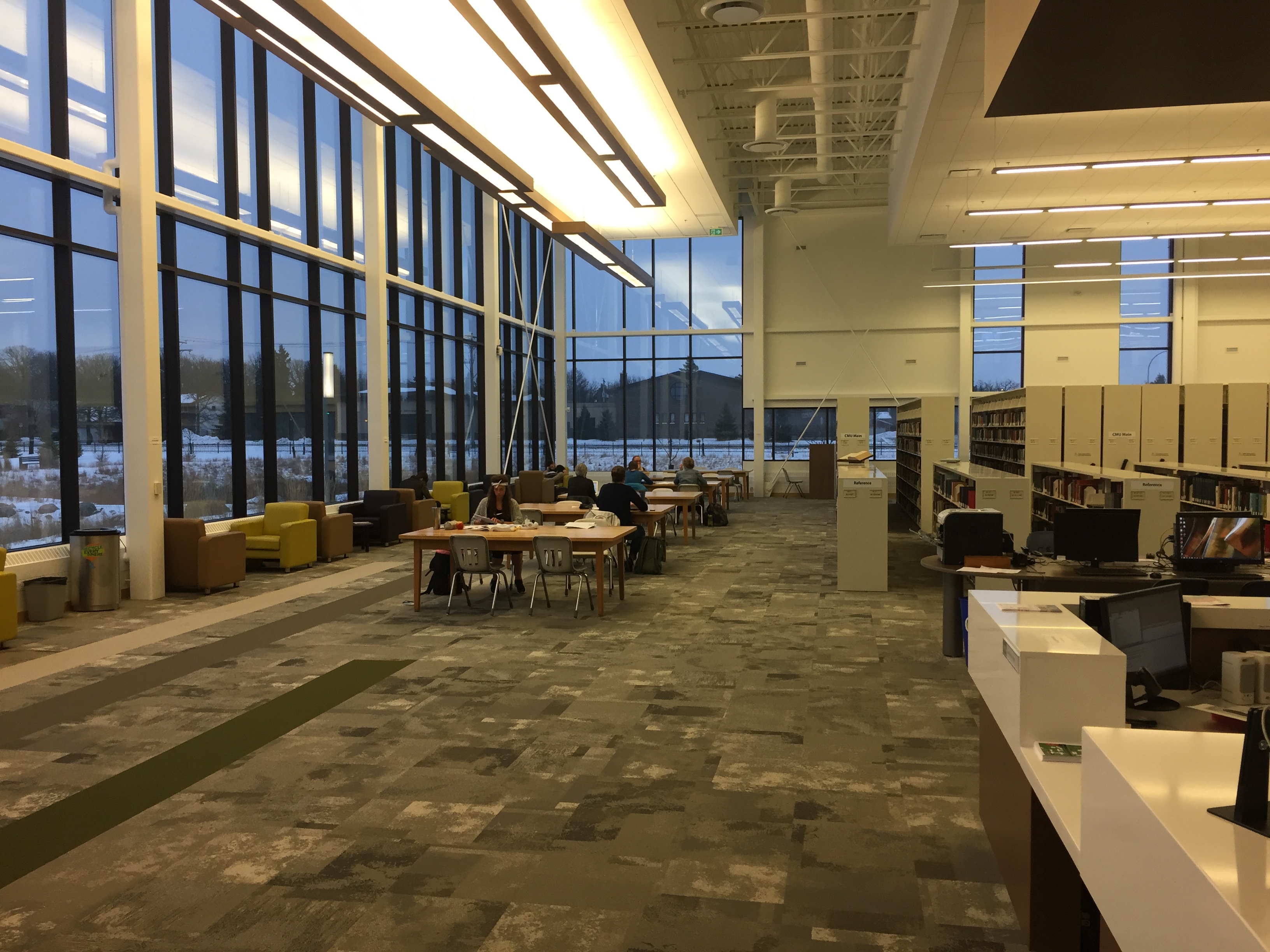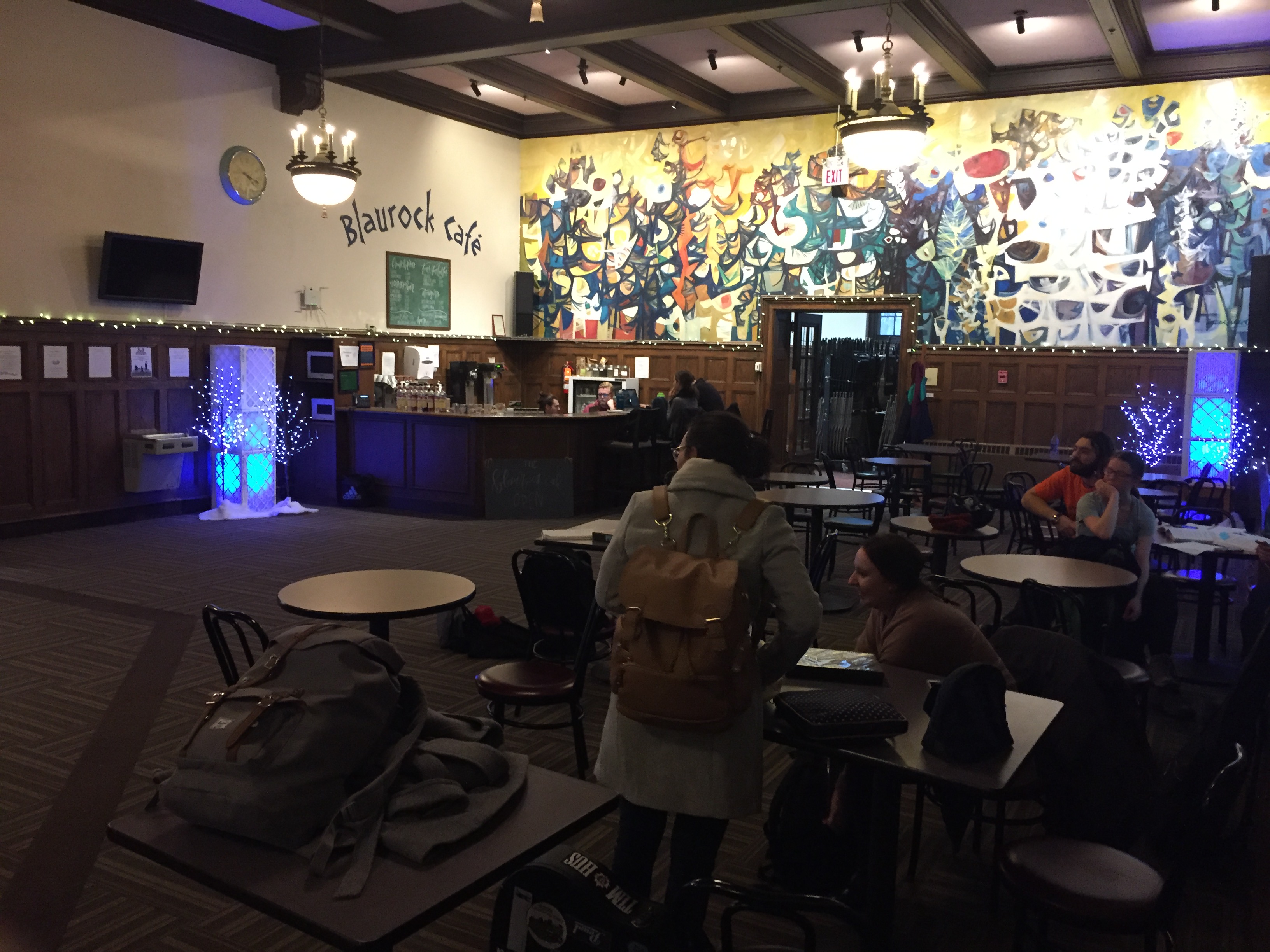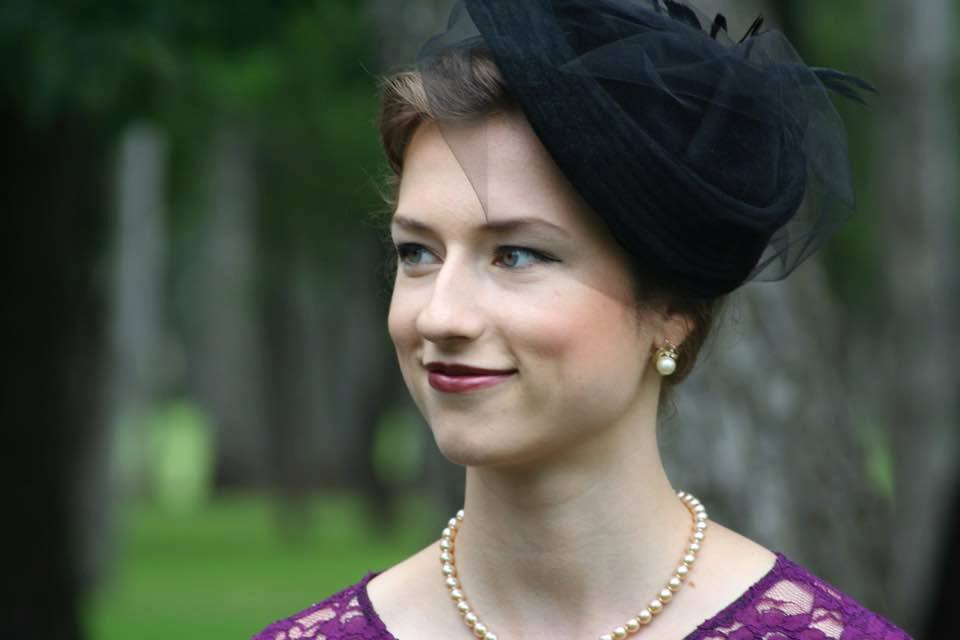
I see that moment of grace when the sun breaks through a murky sky.
I see the little spark of hope that flairs when someone asks just the right question – and then cares to listen.
I see a new sort of possibility appear amidst the mundanity of daily life.
I see a dreamer who counts the stars and still only fathoms a drop of water in the ocean of the universe.
“More than we can ask or imagine” evokes a sense of absolute grace, a hope that, whatever our shortcomings,
whatever our mistakes,
whatever our inconsistencies
we’re part of a vast, bold, extravagant universe that is endlessly giving birth to itself.
I don’t know about you, but that’s a wee bit more than I can imagine on a typical day.
I’ve been writing poetry since I was at least seven, and words have come intuitively to me for as long as I can remember. I don’t really write poems, and I hardly ever think them – it’s more like I suddenly find myself bleeding words onto a page and all I have to do is get my self out of the way. For me, poetry is an act of grace, a moment when emotion, intuition, and words come to a head and explode into written form.
Often, in these moments, I feel an enormous sense of relief when I can find just the right words in just the right place on the page to express what normally can’t be expressed in words. It’s a moment of birth after what is usually weeks of growing and churning inside of me; suddenly I am given words for my experience of life – and it’s miraculous.
I like poetry because it doesn’t have to make sense. It allows us to give up our need to understand – if only for a little while – and instead to sit with life exactly as it is. And I’ve found that, in the sitting, life actually starts to make a little more sense. This is grace. This is more than we can ask or imagine.
Poetry doesn’t have to make sense, and that’s why it can glimpse an unimaginable God.
Here is a poem.
The poet Adi al-Riga, as quoted by Rumi:
“I was sleeping, and being comforted
by a cool breeze, when suddenly a gray dove
from a thicket sang and sobbed with longing,
and reminded me of my own passion.
I had been away from my own soul so long,
so late-sleeping, but that dove’s crying
woke me and made me cry. Praise
to all early-waking grievers!”
Here ends the poem, but the grieving still runs thick in my veins,
I am up to my eyes in unknowing, swimming in the sluggish questions of my waking life,
Wondering where my awkward dance fits in with the graceful grace-filled folly of my world,
your world, our worlds colliding and
never quite knowing what to do about the wondering.
Each day I step out in trust
– or maybe it’s stupidity, I can’t remember which –
And I hold on for dear life, never really sure
who knows, who cares, who loves, who dares to question with me
this spinning, half-sleeping place we call home,
or life, I can’t remember which.
I am alone and never alone
I am known and unknown
I am strange and I am familiar
I am water I am air I am breathing universe I am ancient sleeping tree
I am the early-waking griever.
I died
Once or twice while writing this,
But death is dawn in Rumi’s books, and I tend to agree, though
not in so many words.
I don’t know anything; I know that much.
Amelia Pahl is in her second year at CMU.

